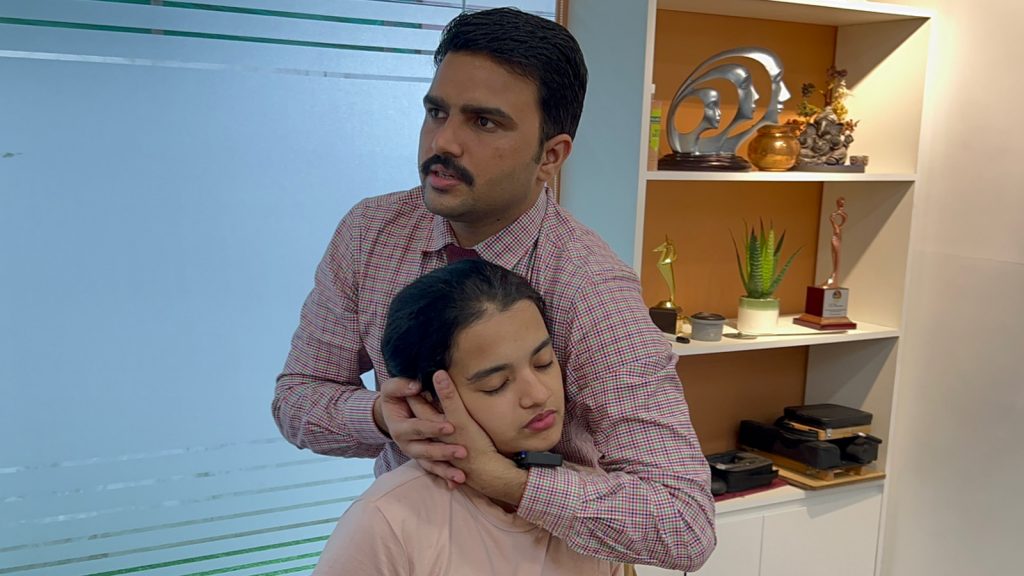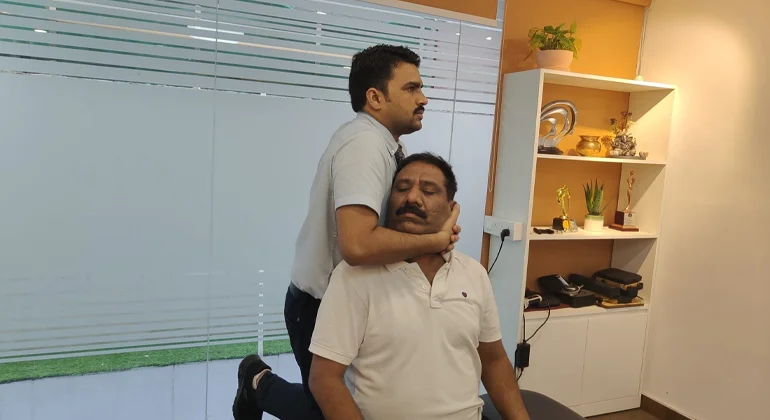
Neck Pain Physiotherapy Treatment In Gurgaon
Neck pain is one of the most prevalent issues among different age groups and demographics.
It is characterized by discomfort, stiffness, and soreness in the neck area, often accompanied by headaches and limited mobility.
According to research, it has shown that neck pain has a global prevalence rate of 3.6% and a one-year prevalence of 30-50%, making it one of the most common musculoskeletal disorders worldwide.
This concerning figure highlights the urgent need for appropriate management and care and demands our attention. It is possible to improve the quality of life by seeking timely treatment, practising good posture, and engaging in exercises that promote neck strength and flexibility, which can help individuals living with neck pain lead a better life.
Neck pain is a frequently occurring musculoskeletal issue that can cause a range of symptoms, such as soreness, stiffness, and discomfort in the neck area. Additionally, this condition can also lead to headaches that can vary in severity and duration. The pain may be localized or can radiate to other parts of the body, and the level of discomfort can range from mild to severe, depending on the underlying cause. If you are experiencing neck pain, it is important to seek medical attention to determine the cause and appropriate treatment.
Welcome to Painflame, the best neck pain physiotherapy treatment in Gurgaon. Our skilled group of physiotherapists is committed to providing you with the highest quality care and personalized treatment plans to help you get back to your daily activities pain-free.
Trust us to deliver effective and long-lasting solutions to your neck pain. Schedule your appointment today and take the first step towards a healthier and happier you!
Impact Of Neck Pain On Daily Life
The impact of neck pain in daily life can be profound and wide-ranging, affecting various aspects of physical, emotional, and social well-being. Some common ways in which neck pain can impact daily life are given by the best neck pain physiotherapy treatment in Gurgaon.
Work Productivity: Neck pain can affect concentration, slow down your focus and limit productivity at work. Tasks that require prolonged sitting or using the computer may become challenging, leading to decreased efficiency.
Physical Functioning: Neck pain limits mobility and range of motion, making it difficult to perform everyday activities such as turning head, lifting objects, driving or sleeping comfortably. This results in increased dependence on others for assistance with daily tasks.
Quality of Sleep: Neck pain often intervenes with the quality of sleep, leading to difficulty in falling asleep. Poor sleep causes pain, sleep fatigue, mood disturbances or overall good quality of sleep.
Mental Health: Neck pain can take a toll on mental health leading to anxiety, depression, irritability or frustration. The constant discomfort of neck pain may limit the fun and activities, leading to social withdrawal and isolation.
Emotional Well-being: Living with neck pain can be emotionally draining leading to stress, worry, anxiety and a sense of helplessness. The emotional toll of living with chronic neck pain can be overwhelming.
Social Interactions: Persistent neck pain limits social participation leading to decreased participation in social activities and hobbies which ultimately results in isolation and reduced quality of life. Additionally, physical discomfort and fatigue make it challenging to engage in outings with friends or family.

Common Causes of Neck Pain
- Poor Posture.
- Injury.
- Muscle Strain.
- Stress and Tension.
- Poor Sleeping Posture.
- Underlying medical conditions.
Some common causes list of neck pain provided by Painflame – neck pain physiotherapy treatment in Gurgaon
Poor Posture: Slouching or holding the neck in an awkward position for an extended period strains the muscles leading to chronic neck pain.
Injury: Sports Injuries, falls or accidents can damage the structure of the neck, resulting in pain.
Muscle Strain: Overuse of neck muscles due to poor ergonomics at work or sudden movements causes muscle strain and subsequent pain.
Stress and Tension: Emotional stress and anxiety can cause distress in muscle strain resulting in discomfort and pain.
Poor Sleeping Posture: Sleeping in an awkward position or using pillows that don’t adequately support the neck can strain the muscles and result in neck pain.
Underlying medical conditions: Medical conditions such as fibromyalgia, rheumatoid arthritis, or meningitis can cause neck pain as a symptom.
Importance of Understanding the Neck Anatomy

Understanding the anatomy of the neck is crucial for several reasons:
1. Injury Prevention: Having knowledge of the anatomy of the neck can help people identify and avoid activities or positions that may cause strain or injury to the neck. Familiarity with the location of sensitive structures, such as muscles, ligaments, and nerves, can assist in making safer movements and reducing the likelihood of accidents or trauma.
2. Effective Treatment: In order to diagnose and treat various conditions related to the neck, such as strains, sprains, herniated discs, or nerve compression syndromes, healthcare professionals need to have a comprehensive understanding of neck anatomy. This knowledge helps them to develop personalized treatment plans that cater to the specific needs of each patient.
3. Patient Education: Educating patients about their neck anatomy helps them understand their condition, treatment options, and rehabilitation exercises, and actively participate in their care for better outcomes.
4. Ergonomic Design: Understanding the anatomy of the neck is essential in creating ergonomic products, workstations, and environments that encourage correct posture and minimize the risk of discomfort or strain. Properly designed chairs, desks, and computer setups can prevent neck-related issues in a variety of settings, such as homes and offices.
5. Surgical Interventions: If standard treatments don’t work to relieve symptoms, surgery may be needed to fix structural issues in the neck. Surgeons must have detailed knowledge of neck anatomy to perform procedures safely and effectively, with minimal risks and maximum benefits for patients.
6. Rehabilitation and Exercise: It is crucial to have a good understanding of neck anatomy in order to create effective rehabilitation programs and therapeutic exercises that can enhance strength, flexibility, and range of motion. With such knowledge, rehabilitation specialists can identify specific muscle groups and movements to address weaknesses or imbalances that may lead to neck pain or dysfunction.
Why Choose Painflame Neck Pain Physiotherapy In Gurgaon
Choosing PainFlame Neck Pain Physiotherapy Treatment in Gurgaon offers several compelling benefits:
- Specialized Expertise
- Experienced Practitioners
- Comprehensive Assessment
- Evidence-Based Treatment
- Patient-Centered Care
- Convenient Location
1. Specialized Expertise: PainFlame specializes in neck pain physiotherapy treatment in Gurgaon, providing targeted treatment from experts who understand neck-related issues.
2. Experienced Practitioners: Our team of experienced physiotherapists has a proven track record in managing various neck conditions. They provide personalized care through accurate diagnosis and treatment of neck pain.
3. Comprehensive Assessment: We create personalized treatment plans to address the underlying causes of your neck pain.
4. Evidence-Based Treatment: PainFlame uses evidence-based physiotherapy techniques and advanced modalities to reduce neck pain, improve mobility, and enhance overall function. Our approach is based on scientific research and best practices.
5. Patient-Centered Care: At PainFlame, we prioritize your needs and preferences, involving you in the decision-making process and empowering you to take an active role in your recovery. We provide personalized attention and ongoing support throughout your treatment journey.
6. Convenient Location: Residents of the area can easily receive timely and effective neck pain physiotherapy services at our clinic conveniently located in Gurgaon.
Neck pain is a prevalent and multifaceted problem that can affect different aspects of life. To alleviate discomfort and enhance overall well-being, it is crucial to have a proper understanding of its causes and personalized treatment strategies. By addressing neck pain comprehensively and implementing targeted interventions, individuals can regain function and enjoy a better quality of life. In conclusion, it is important to take neck pain seriously and seek appropriate care to improve one’s health and prevent further complications.
-
What are the common causes of neck pain?
Common causes of neck pain include poor posture, muscle strain, injury (such as whiplash), degenerative conditions (like arthritis), and underlying medical issues.
-
How do I know if my neck pain requires medical attention?
Seek medical attention for severe neck pain lasting more than a few days, with numbness or weakness in arms or hands, or due to a traumatic injury.
-
What are some self-care tips for managing neck pain at home?
Self-care for neck pain includes applying ice or heat, gentle stretches, good posture, avoiding aggravating activities, and taking OTC pain meds as directed.
-
Can neck pain be prevented?
Yes, practicing good posture, exercise, stress management, ergonomic workstations, and avoiding neck-straining activities can prevent neck pain.
-
When should I consider seeing a physiotherapist for my neck pain?
Consider seeking help from a physiotherapist if your neck pain persists, interferes with daily activities, or is accompanied by radiating pain, numbness, or weakness.
-
What can I expect during a physiotherapy session for neck pain?
In a physiotherapy session, a therapist assesses, creates a treatment plan, and may use manual therapy, exercises, modalities, and education on posture.
-
How long does it take to recover from neck pain?
Neck pain recovery time varies based on cause, severity, and individual factors. Acute pain can resolve in days to weeks with treatment, while chronic pain may require long-term management.


